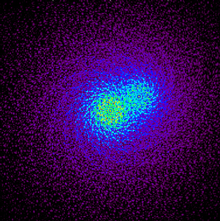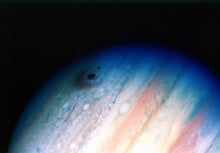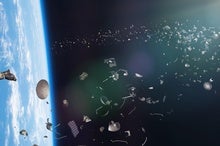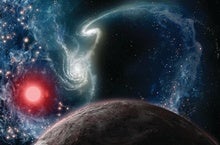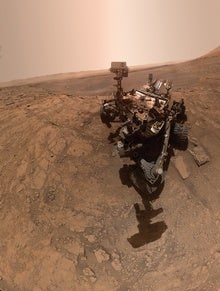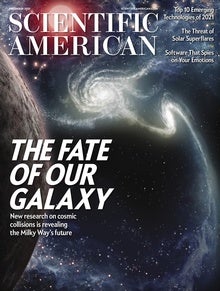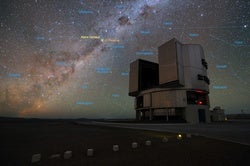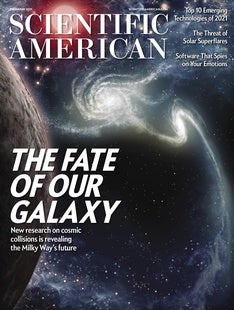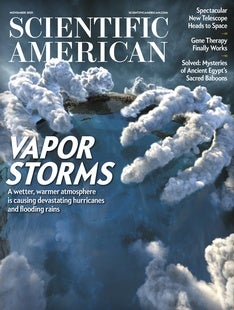|
 | ||||
| November 18, 2021 | ||||
| Dear Reader, This week, we're focusing on high-impact science—literally. Our lead story is a deep dive into NASA's Double Asteroid Redirection Test (DART) mission, slated to launch next week. DART is meant to slam into a moonlet orbiting a near-Earth asteroid in late 2022, as a way of better understanding how future deflections attempts for more dangerous space rocks could unfold. Elsewhere this week, we have stories about a new privately funded initiative to find habitable planets around Alpha Centauri, a risky Russian anti-satellite missile test, the Milky Way's coming collision with the Andromeda galaxy, and more. | ||||
| ||||
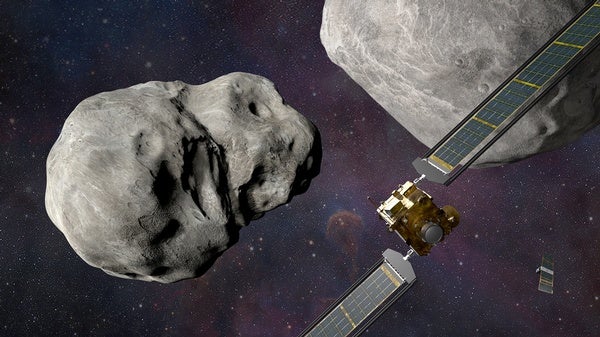 | ||||
| ||||
| ||||
| ||||
| ||||
| ||||
| ||||
| ||||
| ||||
| ||||
| ||||
| LATEST ISSUES | ||||
| ||||
| Download the Scientific American App | ||||
|

